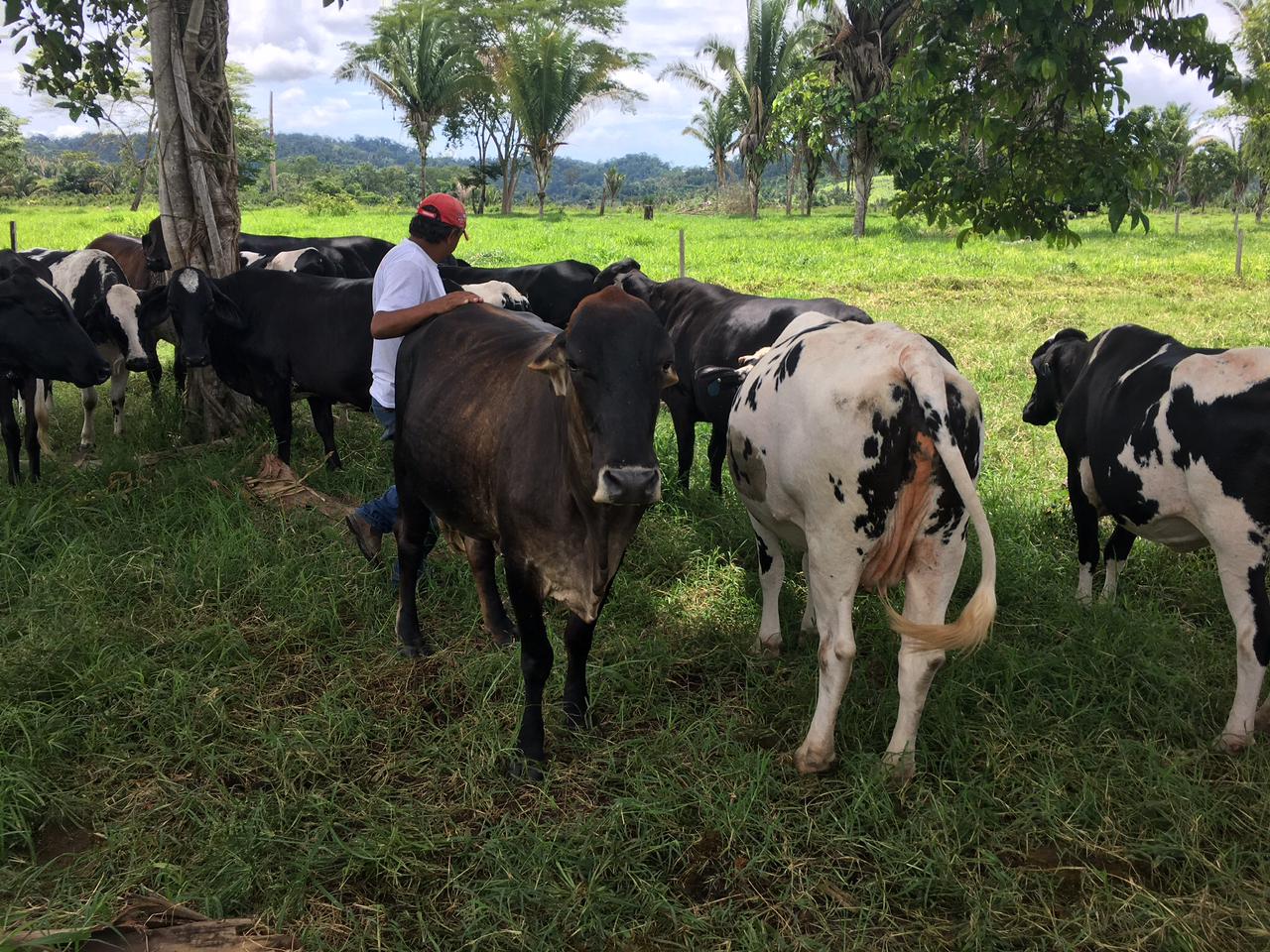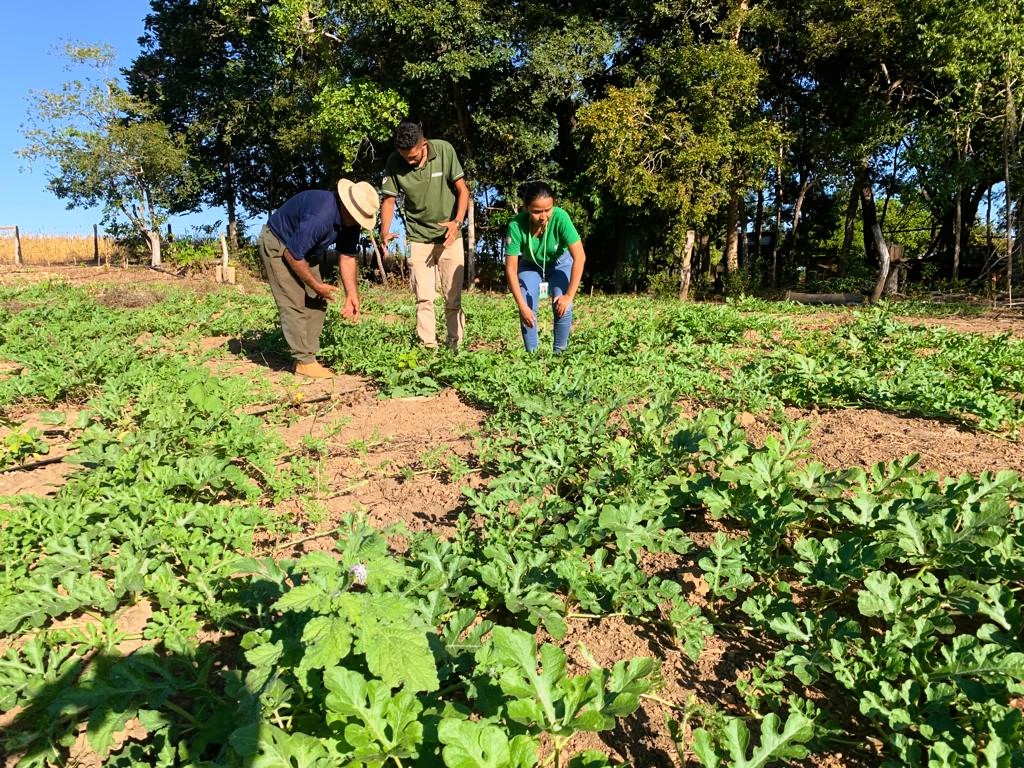Anyone who knows a little about the reality of small farmers in the inland areas of Brazil knows how difficult it is to travel to urban centers and how many trips back and forth are usually involved in obtaining information and sorting out day-to-day rural issues. But this scenario is changing in some municipalities in the inland regions of Mato Grosso and Maranhão, where Support Centers for Rural Producers (Centros de Apoio ao Produtor Rural – CAP) are being set up.

These centers work as an integrated and exclusive service hub for farmers, where they can ask questions to local technicians about environmental and land regularization, georeferencing, environmental licenses, ‘APF’ (Provisional Operating Authorization), in addition to applying for the Rural Environmental Registry. They also learn about opportunities to take part in projects that benefit production and access to credit, for example, available in the region.
“CAP’s greatest asset is the fact that it can offer all the information that farmers need in one place,” points out Alex Schmidt, manager of public policy implementation at IDH – the institution that promotes the initiative in partnership with local public authorities.
Currently, four CAPs serve farmers in the municipalities of Juruena, Cotriguaçu, Sorriso and Barra do Garças. And the success of the initiative is already evident.
In July this year, Josmar Luiz Holdefer, a farmer from Cotriguaçu, got his small property registered with the Rural Environmental Registry thanks to CAP. “The service was very good and fast, as this process is usually pretty time-consuming,” said Josmar, referring to other services that require traveling. The lack of CAR is seen as one of the main bottlenecks for the development of family farming production chains in Brazil.
In Maranhão, CAP service is even more comprehensive. In addition to providing support for environmental and land regularisation, a team of extension workers travels to the main communities to provide productive technical assistance to small farmers. This work is done in partnership with Agerp (Agência Estadual de Pesquisa Agropecuária e Extensão Rural do Maranhão (State Agency for Agricultural Research and Rural Extension of Maranhão)).

“CAP is a dream come true. Agerp in the Balsas region already had a plan that was broadened by the proposal of the Compact and the CAP brought by IDH. We have the full support of the governor and the president of the Agency to carry on with this work,” adds Manoel Carvalho, manager of Agerp’s Cerrado Sul regional office.
In these locations, the CAPs are an essential technical response to make it possible to meet the targets for the socio-economic inclusion of local communities, improving environmental and land regularisation processes, as well as encouraging production chains, as set out in the PCI Compacts – Produce, Conserve and Include.
The Compacts are multi-stakeholder arrangements around a common vision for the sustainable development of the landscape. To this end, it brings together a broad group of partners, including local government, farmers, civil society, financial institutions and domestic and international companies, to develop long-term actions that address issues of sustainable production, environmental preservation and social inclusion.
“This is a landscape strategy already being implemented by IDH in 22 territories in 13 countries. In Brazil, it includes the states of Mato Grosso and Maranhão, and is currently in the process of expanding to the states of Rio Grande do Norte, Paraíba, Pernambuco and Pará,” explained Daniela Mariuzzo, executive director of IDH Brazil.
Rural Producer Support Centers can also represent an opportunity for companies with operations in the landscapes to fulfill the ESG (Environmental, Social and Governance) agenda faster, opening up the possibility of investments in processes for the implementation and operation of CAPs.